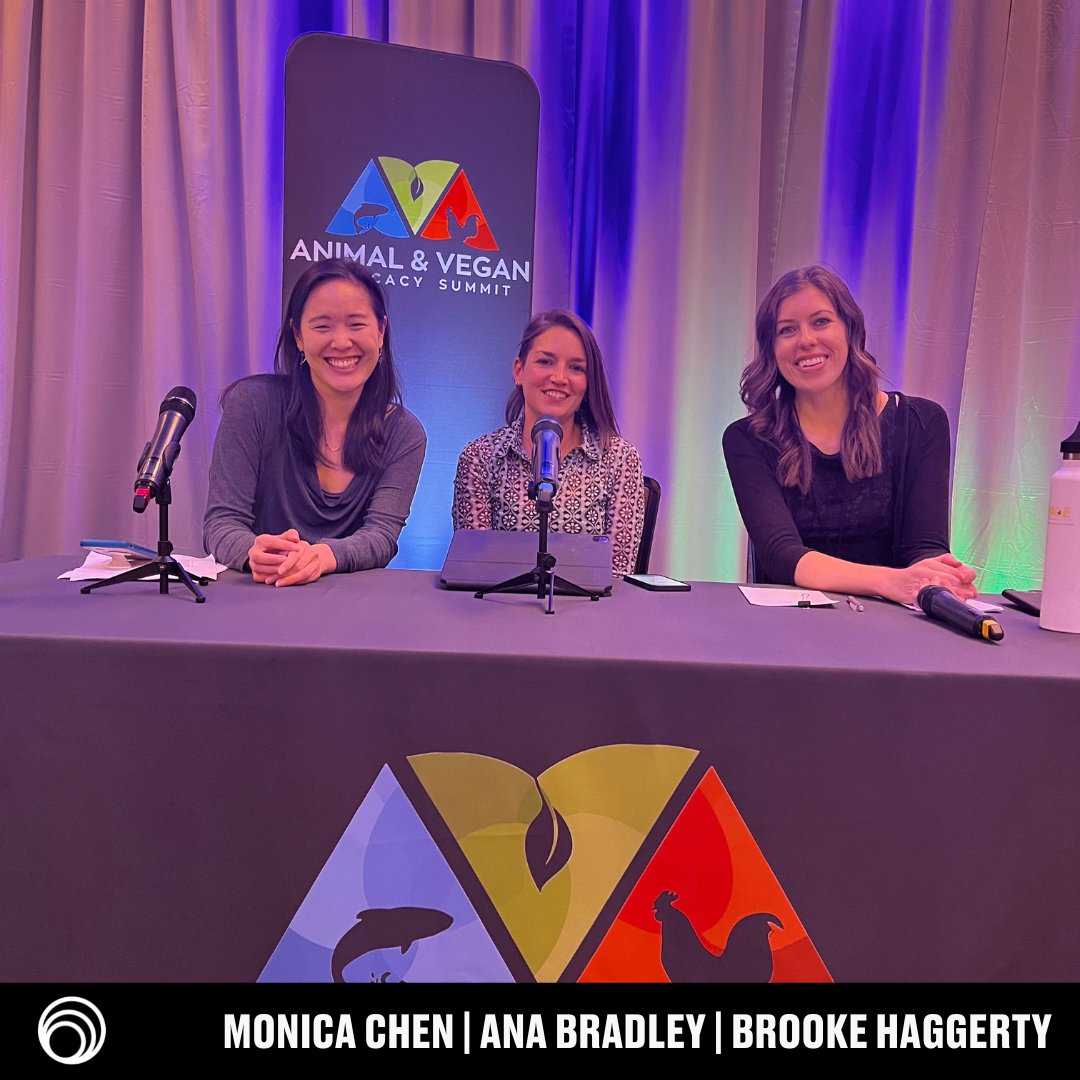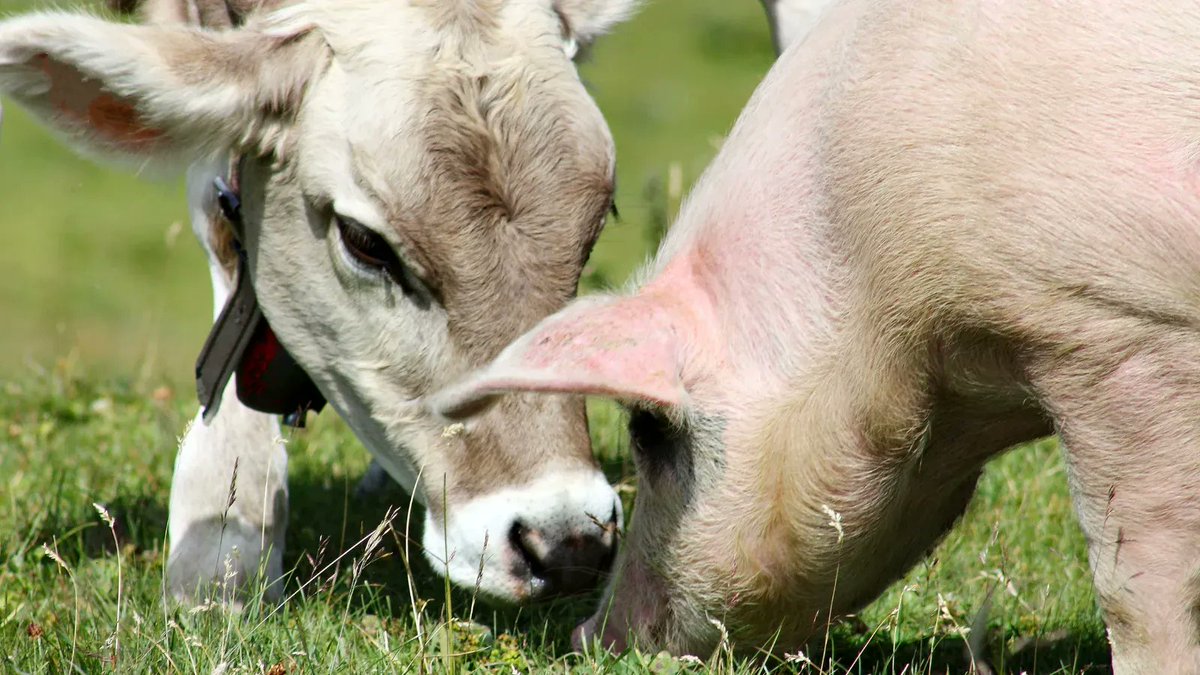Members of the Sentient Media team recently attended the inaugural #AVASummit2022 in Washington DC.
The conference consisted of hundreds of advocates and 80+ expert speakers on animal advocacy and food system change.
The conference consisted of hundreds of advocates and 80+ expert speakers on animal advocacy and food system change.

Speakers included our executive director @AnaBrdly, Monica Chen of @ffacoalition and Brooke Haggerty of @faunalytics who spoke on the challenges and triumphs of being an executive director. 

We also heard from @DrFarazHarsini as he explored the oppression of human and nonhuman animals. 

Founder of @RowdyGirlRanch, Renee King-Sonnen spoke about farm transitions, impacts and implications, goals, misconceptions and strategies. 

Next May, @HarperCollins will publish Animal Liberation Now, the first fully updated and revised edition of Animal Liberation since 1990.
@PeterSinger explored the highs and lows of what has changed for animals over the past 30 years—and what we can do better in the future.
@PeterSinger explored the highs and lows of what has changed for animals over the past 30 years—and what we can do better in the future.

Dr. Greger of @nutrition_facts scoured the world's scholarly literature on clinical #nutrition and explored the latest in cutting-edge research on the role diet may play in preventing, arresting and even reversing our leading causes of death and disability. 

Founder of @YouthClimateSv, @GenesisButlerV delivered the closing keynote speech exploring our current revolution of the heart and how we will win for human and nonhuman animals. 

Thanks to the organizers and everyone involved—we'll see you at the next one in July 2023. Learn more about the AVA summit at avasummit.com. 

• • •
Missing some Tweet in this thread? You can try to
force a refresh









